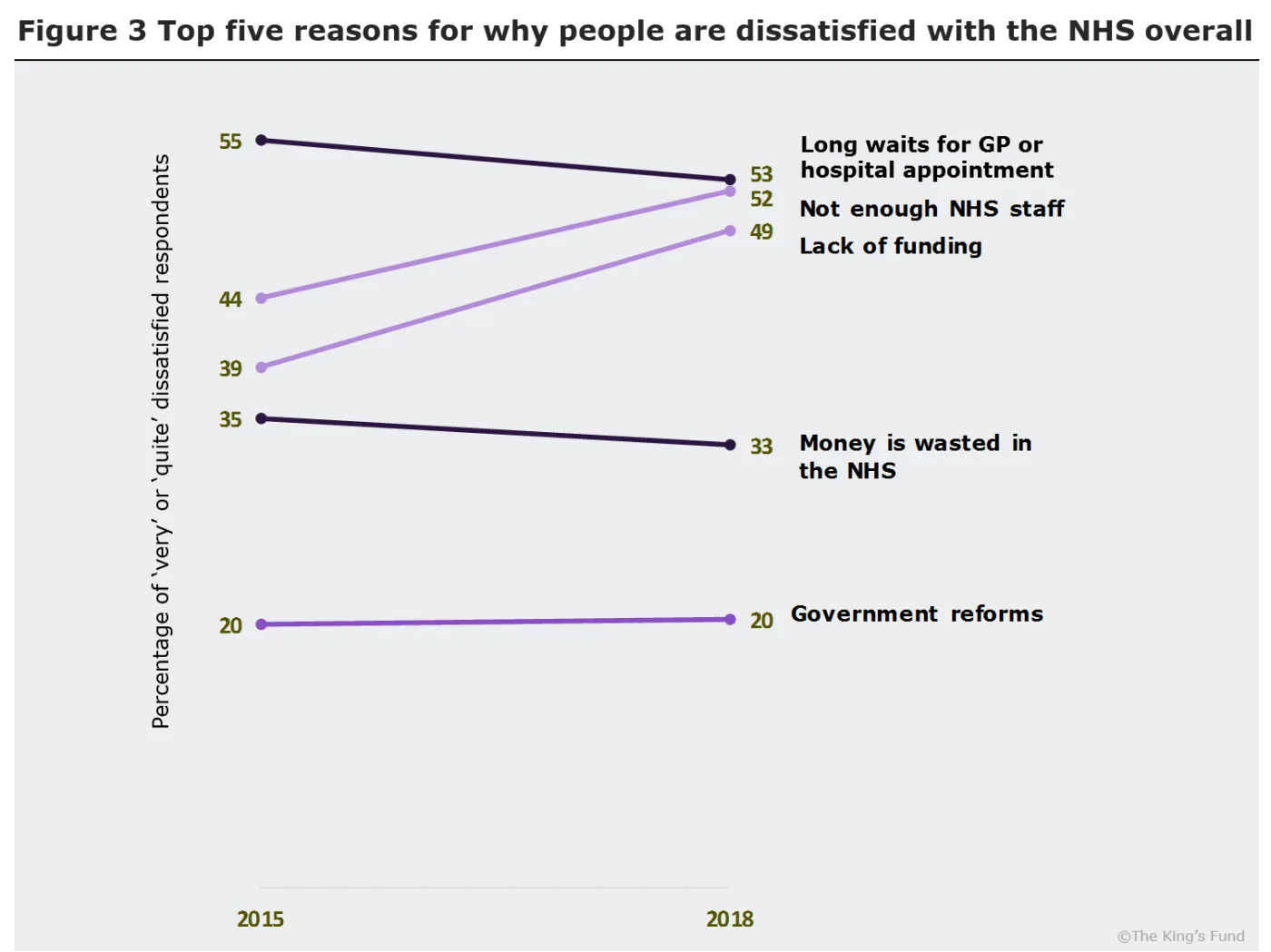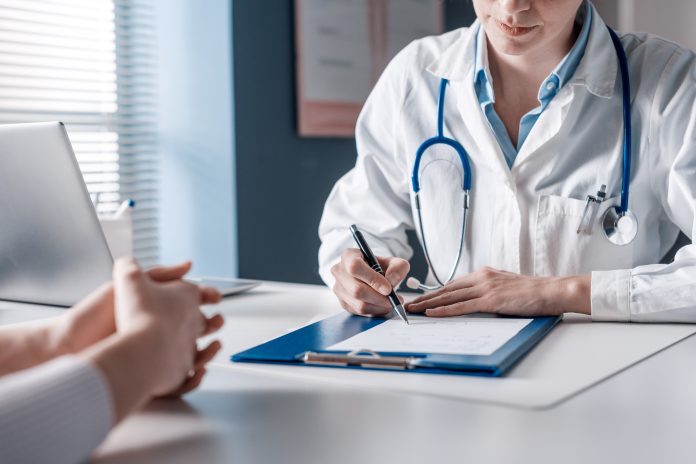New research from the University of Manchester has revealed that face-to-face GP appointments lead to more satisfied patients versus GP practices that rely more on telephone appointments and consultations with non-GP staff
Researchers from the University of Manchester are the first to use national GP appointment data to investigate the complex relationships between patient satisfaction, access, preference for a specific GP, and support for managing long-term conditions against appointment volume, modality (telephone or face-to-face), and practitioner type.
The data, extracted from the General Practice Patient Survey (GPPS) and NHS Digital practice-level appointment data, was collected from over half a million English patients from 5,500 GP practices from August 2022 to March 2023.
The findings have been published in the British Journal of General Practice.
Increased patient satisfaction corresponds with greater availability of face-to-face GP appointment
According to the researchers, 69.5% of appointments were conducted face-to-face, while 27.2% took place over the telephone. However, only 29.6% of in-person appointments were with a GP, and just 18.4% of telephone consultations involved a GP.
Notably, patient satisfaction was lower in practices with a high volume of telephone consultations. While satisfaction improved slightly when calls were conducted by GPs rather than non-GP staff, it remained lower overall.
The correlation coefficient between in-person GP appointments and overall satisfaction was 0.096, indicating that practices with more face-to-face GP appointments were more likely to have patients with higher overall satisfaction. However, the figure for face-to-face appointments was 0.167, showing that face-to-face GP appointments have an even stronger correlation.
Dr Patrick Burch, an academic clinical lecturer at The University of Manchester and a practising GP, commented: “This study of appointments from over 5,500 practices showed that more appointments, particularly with face-to-face with GPs, tended to be associated with more satisfied patients who were better able to meet their health needs. While telephone and IT-assisted appointments have an important role to play in general practice, we would cautiously welcome an overall increase in the proportion of face-to-face consultations.”
He added: “A greater proportion of telephone appointments were associated with decreased satisfaction in general, especially when provided by non-doctor roles. Non-GP clinicians employed in primary care since 2019 have increased by 21,600 full-time equivalent staff members. As primary care funding has not gone up significantly, arguably this cash is now being used to pay other less expensive clinicians rather than GPs.”
The study also found the following:
- Practices offering more on-the-day GP appointments had reduced satisfaction with access compared to practices that offered appointments days or weeks in advance.
- Greater numbers of appointments of any type with any staff member overall resulted in improved patient satisfaction.
- Greater numbers of GP appointments at a practice were associated with reduced unmet health needs.
Increasing consultations conducted by non-GP professionals
Furthermore, the study highlighted a growing number of non-GP professionals, such as advanced nurse practitioners and physician associates, are conducting appointments on behalf of GPs. The researchers theorised that patient satisfaction would increase by 1% when ten additional GP appointments per 1000 patients per month are available.
The findings coincide with recent changes to Government policy, which aims to use non-GP staff to fill gaps in primary care. This policy change welcomed criticism, as it was believed to blur the lines between GPs and non-GPs.
Overall patient satisfaction continues to decline
Patient satisfaction has steadily declined since 2019 and continued to fall following the COVID-19 pandemic. A 2021 analysis by The King’s Fund reported the largest year-on-year drop in satisfaction since surveys began in 1983.
These findings are further supported by a recent report from the Office for National Statistics, which shows a sharp decline in the percentage of respondents reporting a positive overall experience with GP services in England since 2021.
The reason for this decline in patient satisfaction is complex, and not fully understood. However, 2019 research from The King’s Fund showed that long waiting times, lack of NHS staff and funding, wasted money in the NHS and government reforms have contributed to dissatisfaction.












